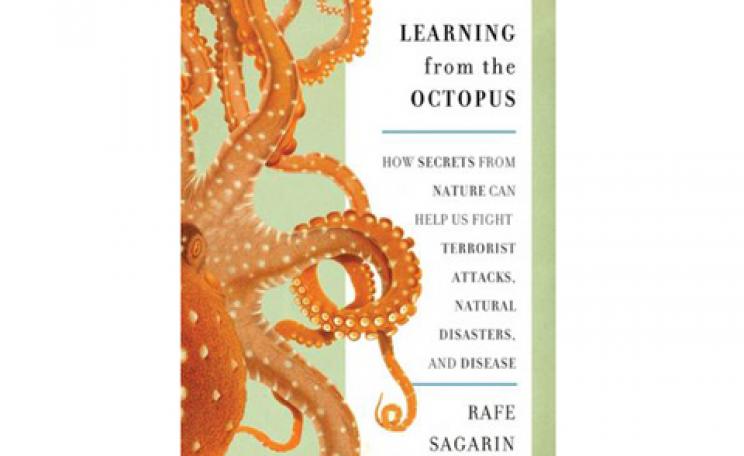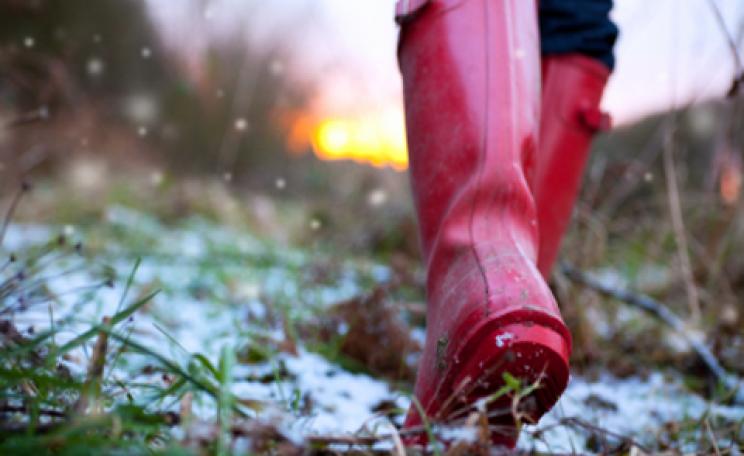Can animals feel emotions like we do; and more specifically can they feel enjoyment and pleasure? Balcombe’s oeuvre offers up page after page of glossy photos of animals taking a moment to chill out or just have a great time. The theory of anthropomorphism (attribution of human characteristics to non-humans) is hotly debated. Traditional perceptions of nature have been of a harsh and unforgiving place where animals act instinctively and purely for survival. Balcombe , however, disagrees and is a firm believer in animal happiness - even suggesting that invertebrates can experience pleasure. To make his case, he draws on a wide variety of contented animals captured on camera as well his personal experiences, which gives the book a pleasantly personal touch. From polar bears engaging in a playful romp to Tufted Titmice indulging in a relaxing spot of sunbathing; Balcombe proves that animals aren’t always engaged in a battle for survival but will frequently do things for nothing more than the feeling of satisfaction.
The chapter on animal love was one of the most convincing and by the end of it, I had come round to the rightness of Balcombe’s way of thinking. He demonstrates the strength of the bond between mating pairs in nature but more striking is his description of the utter anguish and grief caused by the loss of a ‘loved’ one with animals displaying behaviour similar to that of a mourning human. He mentions an eight year-old chimpanzee named Flint who lost his mother and became utterly depressed; so much so that he stopped eating and eventually died three weeks later, curled up where he had found his mother’s body. And it’s not just the highly intelligent ape species that can feel pleasure (or pain) either. A surprisingly wide variety of species engage in human style sexual acts. Balcombe talks about sharks, deer, walruses, manatees and even snails turning into something more than simply a drive for replication. There is no need for caution. There are no terribly graphic photos here but there really does seem to be lots of evidence out there of animals having sex for pleasure rather than procreation. So, Balcombe asks, if animal masturbation and homosexuality are not instinctive actions born out of the survival instinct; then what reason could there be for them doing it if not pure enjoyment?
What is clear throughout is that much of the behaviour described and photographed in this book are evolutionary aids. Tiny fox kits wrestling and playing with each other are learning hunting and social skills, crucial for their survival into adulthood. Like human children, Balcombe explains, these little ones are not deliberately training for the real world but are simply having a great time messing about with one another. The same goes for sweet food. Individuals who prefer high-energy treats will have more energy and thus a competitive edge over their sugar-loathing counterparts, They don’t know they’re doing it though; they are simply eating it because they like the taste. Pleasure is clearly a driver for evolution - thus, says Balcombe, these preferences for more enjoyable activities have been crucial in animal development, as well as our own.
With the idea of animal happiness comes the opposite feeling of pain, and in a frank conclusion to the book, Balcombe explains how humans must treat animals with the respect they deserve. Each year we kill 60 billion land animals and a comparable number of fish – numbers that look heartless in the extreme when the thought of the pain and upset caused is taken into account. As Balcombe points out, getting your pleasure at the expense of another is a poor equation for life. Throughout history, the prejudices of greater intelligence and culture, much like those used in validating slavery and colonialism, have been used as an excuse to mistreat animals for our profit. We continue today to eradicate vast swathes of habitat every year to fuel our irrepressible consumption and if animals could articulate their plight, like we can, we would all be deafened by their voices. Upon setting out to write the book, Balcombe writes that he had ‘considered whether it should be just a feel-good book or whether it should say something more. I soon decided on the latter.’
While The Exultant Ark is an enjoyable read and the images of satisfied animals in their element will leave you feeling warm inside, Balcombe’s purpose is to force a review of how we humans treat animals. The image of a caged Sun Bear unable even to stand up is a clear message that we have for too long wielded our supposed greater sentience and consciousness over animals in order to control them. Despite the record numbers of animal protection laws making it onto the statute books, there is still much to learn about animals and much we need to change in our treatment of them.
The Exultant Ark: A Pictorial Tour of Animal Pleasure by Jonathan Balcombe (£24.95, University of California Press) is available from Amazon
| READ MORE... | |
 |
REVIEW Extreme Insects Entomologist and journalist Richard Jones never fails to entertain, amuse and educate where bugs are concerned and Extreme Insects is no exception; even when, quivers Ruth Styles, you’re scared of them |
 |
REVIEW Species on the Edge of Survival Based on the IUCN’s Red List, Species on the Edge of Survival is a glossy tome with an important raison d’etre – to raise awareness of the plants, birds and animals we stand to lose forever, says Ruth Styles |
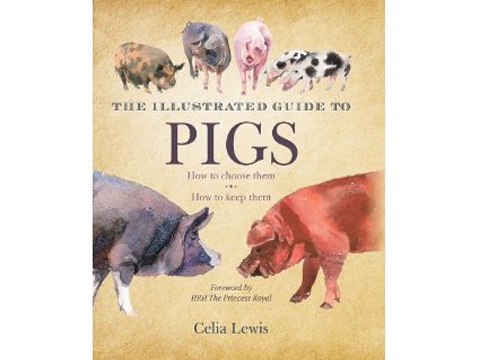 |
REVIEW The Illustrated Guide to Pigs: How to Choose Them – How to Keep Them There's much to love in Celia Lewis’ beautifully illustrated tome, says Mark Newton, but the essential message shouldn’t be forgotten: that this is how all pigs should be treated |
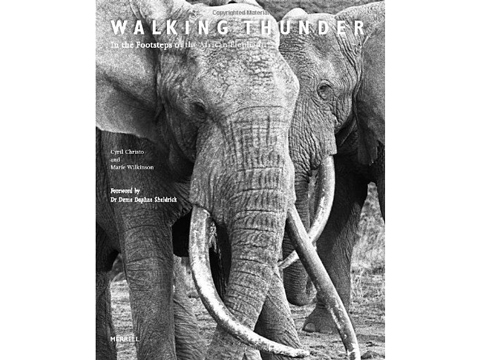 |
REVIEW Walking Thunder: In the Footsteps of the African Elephant Cyril Christo and Marie Wilkinson’s stunning images highlight the luminous beauty of Africa’s elephants, says Ruth Styles, and show why ending the ivory trade is more important than ever |
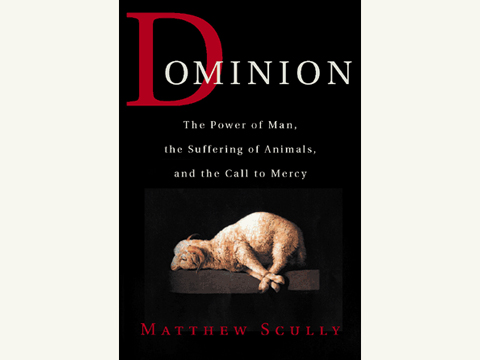 |
REVIEW Dominion: The Power of Man, the Suffering of Animals and the Call to Mercy Matthew Scully’s thoughtful look at the issues surrounding animal welfare is a triumph of lucid prose and cleverly marshalled argument, says Mark Newton |





